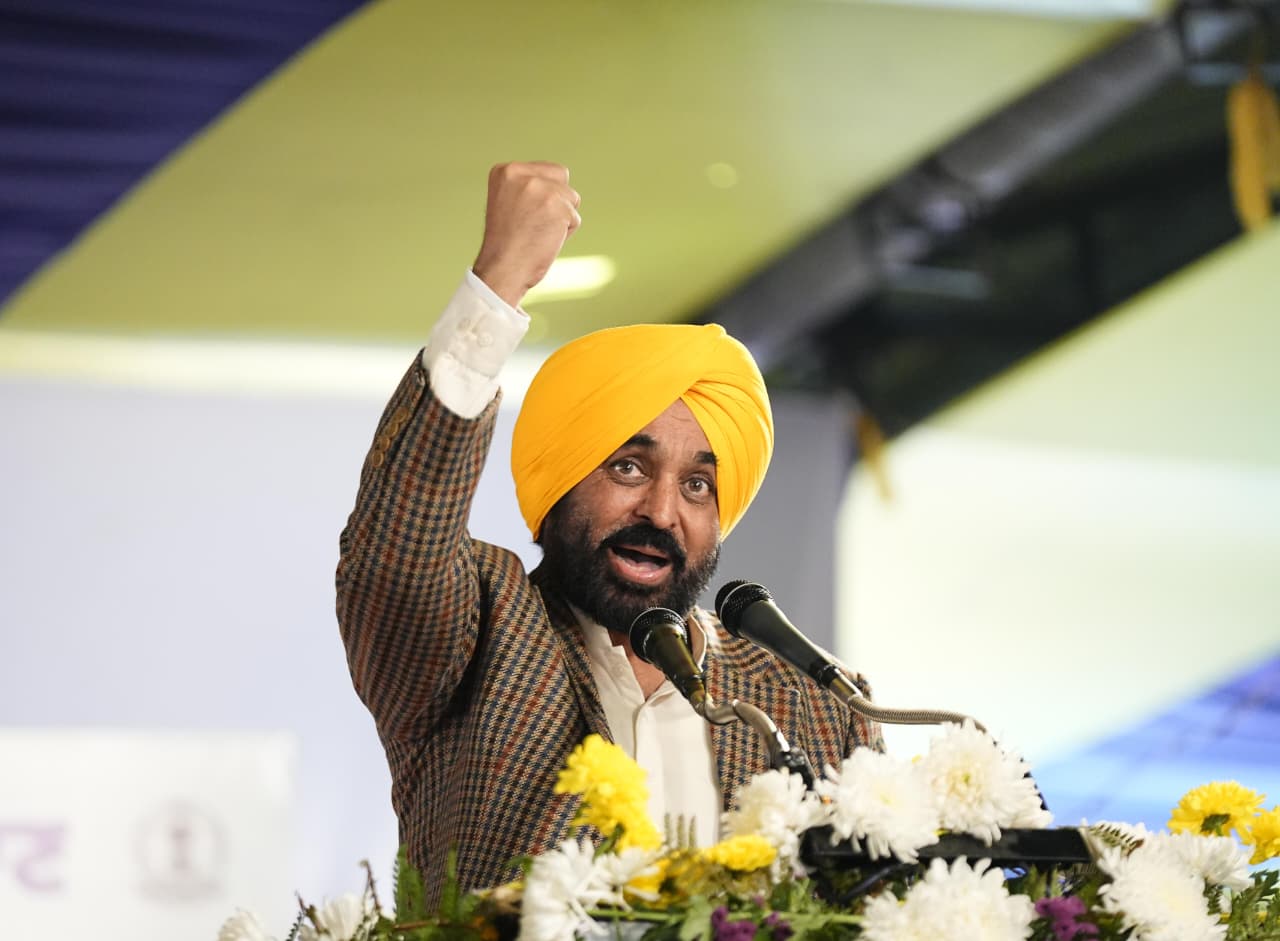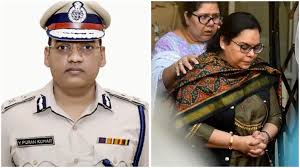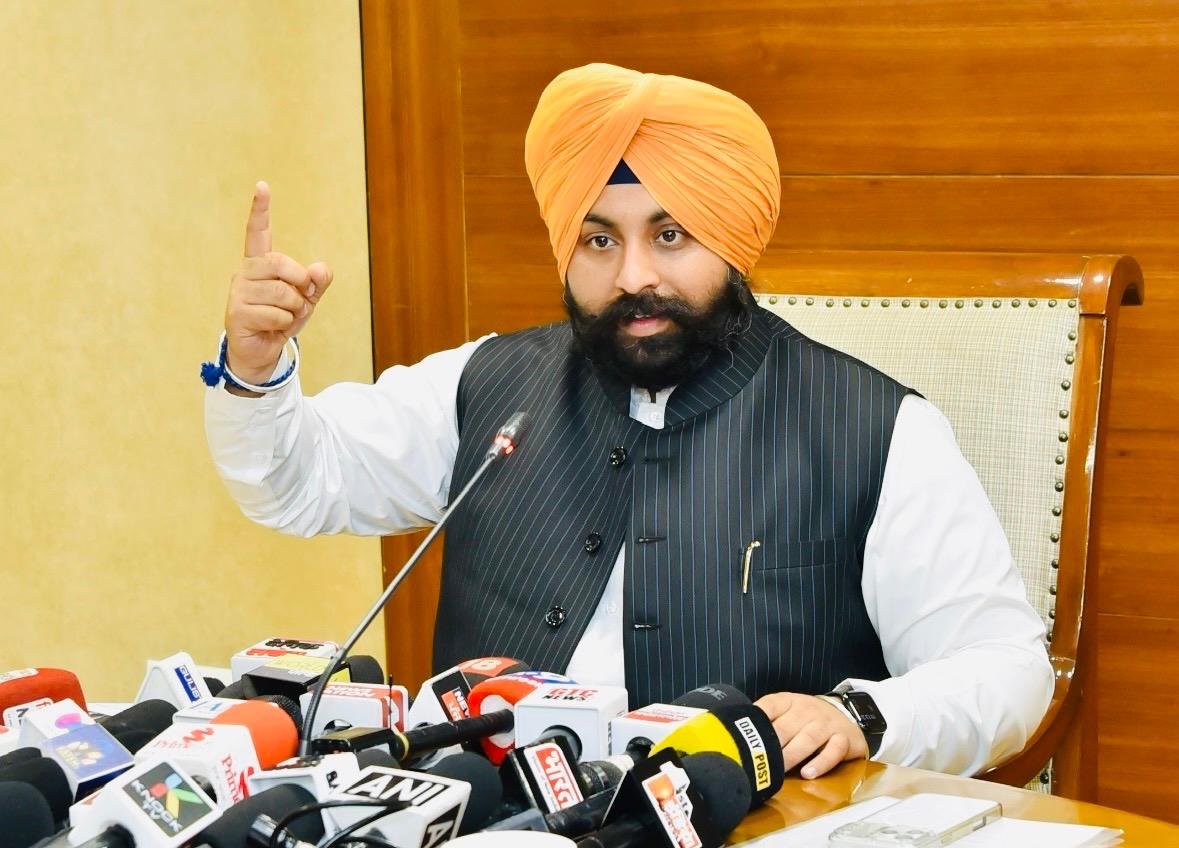Listen To This Post
Chandigarh: The Chandigarh Police on Thursday constituted a Special Investigation Team (SIT) to probe the FIR registered in connection with the alleged suicide of senior Haryana-cadre IPS officer Y. Puran Kumar, whose death has triggered widespread outrage and calls for justice across communities.
The SIT formation came within hours of a delegation of Scheduled Caste and Scheduled Tribe (SC/ST) representatives, led by an IAS officer D. Suresh, Resident Commissioner at Haryana Bhawan, New Delhi, meeting top police officials at the UT Police Headquarters. The delegation demanded a transparent, time-bound, and impartial probe into the circumstances surrounding the officer’s death, terming it “a test of institutional accountability.”
D. Suresh and the late officer’s younger brother met DGP (UT) Sagar Preet Hooda in person. At the same time, over 30 members of SC/ST associations gathered in the committee room at the headquarters to deliberate and document their collective demands. “We have only sought fairness and truth — nothing beyond that,” said one of the community representatives, adding that they expected “an investigation free from bias or delay.”
Before the meeting, D. Suresh told the media that the delegation’s visit was entirely social and not politically driven. “This is a social issue. We are here only to ensure that due process is followed and that justice is done. There is no political angle to our visit,” he clarified. Sources described Suresh as a close friend and well-wisher of Y. Puran Kumar, who was widely respected within and outside the police service for his integrity and uprightness.
SIT Composition and Mandate
According to official orders issued by DGP Hooda, the SIT will investigate FIR No. 156/2025, registered under relevant provisions of the Bharatiya Nyaya Sanhita (BNS) and the Scheduled Castes and Scheduled Tribes (Prevention of Atrocities) Act at Sector 11 (West) police station.
IGP Pushpendra Kumar will head the SIT and will include SSP (UT) Kanwardeep Kaur, SP (City) KM Priyanka, DSP (Traffic) Charanjit Singh Virk, SDPO (South) Gurjit Kaur, and Inspector Jaiveer Singh Rana, SHO of Police Station 11.
The DGP has directed the team to conduct a comprehensive, evidence-based investigation, covering every aspect of the case — from forensic and digital evidence to witness examination and expert consultations. The SIT has also been advised to submit periodic updates to ensure transparency.
DGP Hooda, in his assurance to the delegation, said the investigation would be “swift, fair, and without prejudice.” He emphasised that “no angle will be left unexplored” and that accountability will follow wherever evidence leads.
Family and Public Response
Meanwhile, the family of the late IPS officer is expected to make a detailed statement on the ongoing probe and outline their future course of action. The family had earlier voiced concerns over the circumstances leading to the officer’s death and demanded a judicial inquiry.
Adding to the public outcry, the Ambedkar Students’ Association (ASA) announced a protest at the Student Centre, Panjab University, to express solidarity with Y. Puran Kumar’s family. “We strongly condemn what we believe is an institutional killing of IPS officer Y. Puran Kumar and the casteist silence of the Haryana Government,” said Gautam Bhoria from the Department of Education, Panjab University, who was present at the police headquarters earlier in the day.
Several social and civil rights groups have echoed similar sentiments, calling for greater safeguards for officers belonging to marginalised communities, particularly in hierarchical institutions like the police service.
The death of Y. Puran Kumar has reignited debate on mental health, discrimination, and systemic neglect within law enforcement structures. Senior officers across states have privately acknowledged that the case highlights the need for enhanced internal grievance mechanisms and psychological support systems for officers experiencing professional or social isolation. With the SIT now in place, all eyes are on its findings — and on whether the investigation can restore faith in institutional justice.















